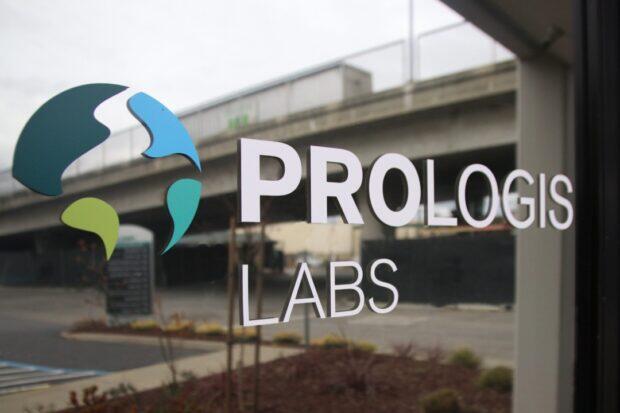The Harris Poll's exclusive annual survey of more than 1,000 executives in the US, UK and Germany highlights the critical importance of companies being able to adapt quickly and be resilient in the face of ever-increasing challenges. Supply chains are being tested on many fronts, from post-pandemic shocks to ongoing logistical challenges. Two-thirds of respondents (66%) said they are experiencing increased pressure in supply chains, particularly in relation to economic and geopolitical changes and developments in the energy sector.
"Supply chain capabilities are critical to the success of individual companies, and the ability to anticipate and flexibly adapt to rapid change is key to prosperity," said Hamid R. Moghadam, co-founder and CEO of Prologis."In today's complex and interconnected world, unexpected change and disruptive innovation are creating ripple effects that can significantly shape the industry and permanently alter global operations."
Sustainability and shaping the future
Sustainability has become one of the top priorities for supply chain executives due to changing stakeholder values and increasing competition in energy resources. According to the report, 85% of managers now consider sustainability a top business goal and realize that green initiatives are not only a must, but also a competitive advantage.
"Nearly three-quarters of executives feel an urgent need to accelerate the transition to alternative energy sources, forcing management to implement faster and more sustainable solutions," said Susan Uthayakumar, chief sustainability and energy officer at Prologis."Companies that emphasize sustainable solutions today are creating the conditions for greater resilience and competitiveness in the future."
Individual regions are tightening emission targets and other environmental regulations, and companies are thus racing to adopt various measures. As demands evolve, many company leaders now make strategic decisions based on the ability to meet sustainability goals. 79% of them agreed with this statement: "The pace at which we are moving to alternative energy sources seems too slow to me; I believe we will need to accelerate in the next 24 months.”
Automation: Driving Supply Chain Improvement
Automation has become a key tool for companies looking to streamline their supply chains. Logistics operations are changing in particular."Automation solutions significantly contribute to more efficient operation - in terms of time, cost and space, not to mention the demonstrable reduction of the risks of occupational accidents. Automation increases productivity, reduces labor costs and is capable of significantly reducing the time required to process an order," says Martin Baláž, SVP, Head of Asset Management for Central Europe.
Not only the lack of skilled labor and the drive to increase efficiency contribute to the push for automation, but companies are also driven by the need to ensure continuity and speed up product launches. 87% of surveyed managers agreed with this statement: "Investments in automation solutions in the supply chain significantly minimize labor-related problems (ie reduce the risk of burnout, limit labor shortages and losses due to excessive employee turnover, etc.)."
Artificial Intelligence: Shaping the Future of Innovation
Artificial intelligence (AI) plays a critical role in managers' ability to proactively respond to growing economic and geopolitical pressures. It is used in more advanced areas such as demand forecasting, real-time data analysis and risk mitigation. It enables companies to anticipate changes in the market, plan alternative scenarios and respond more effectively to disruptions.
Executives are increasingly using AI for predictive insights. 80% of them said that "there is a lot of external pressure to implement AI practices to remain competitive in the industry." Yet 94% of them face issues preventing them from adopting AI, including concerns about security, data quality, change management and implementation complexity.
"The promise of AI is to help organizations respond predictively to pressures in the supply chain, including changes in customer demand, anticipate disruptions and respond in real time," noted Chris Caton, managing director, Global Strategy and Analytics at Prologis."Artificial intelligence will enable companies to respond more quickly to new situations, be it economic, geopolitical or technological changes or changing consumer habits, helping them stay ahead in a dynamic environment."








